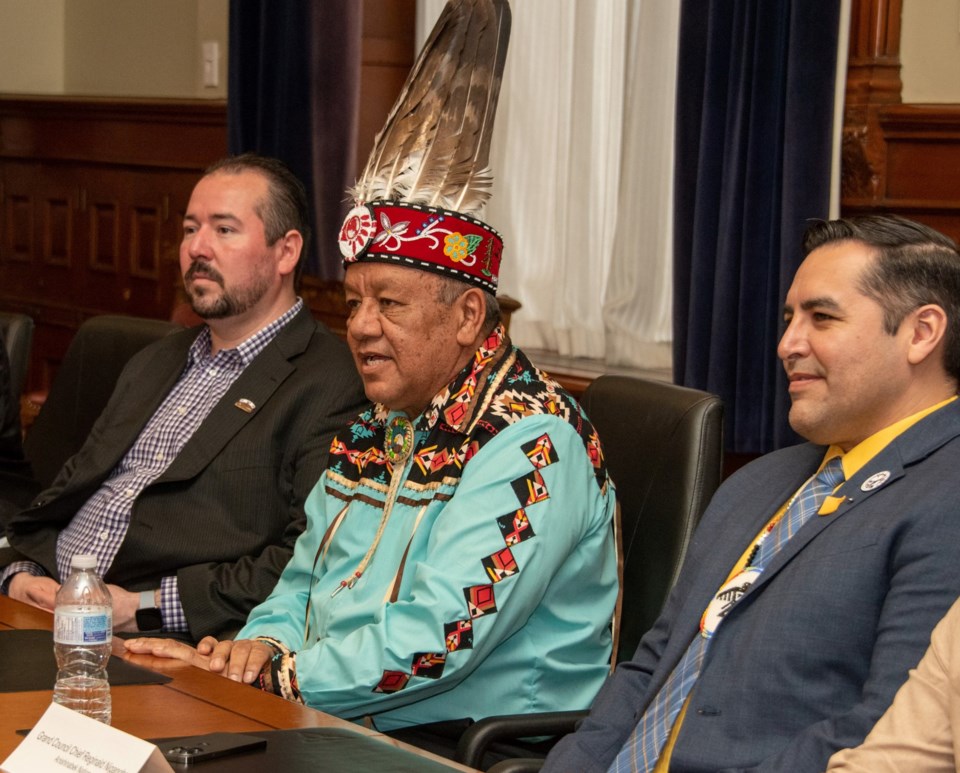Cutting bureaucratic red tape at Queen’s Park to expedite the process of putting more mines into production isn’t flying with Indigenous leadership across Ontario.
The Chiefs of Ontario are throwing their support behind the Matawa Chiefs Council and their position that the provincial government reneged on its duty to consult and accommodate with First Nations ahead of introducing changes to the Mining Act.
The legislature, rolled out by the Ford government in early March, is known as Bill 71, the Building More Mines Act. The bill has passed second reading and is at the committee stage.
The government’s aim is to make Ontario a mining jurisdiction of choice for the world by making regulations more industry-friendly, particularly when it comes to faster permitting and approval times for new mining operations, especially on the high-tech, critical minerals side.
The Chiefs of Ontario respond that there’s been a “lack of meaningful consultation, environmental oversight, and recognition" of the government's responsibilities to First Nations," said Ontario Regional Chief Glen Hare in a news release.
“This piece of legislation will undoubtedly prove to be detrimental to Northern First Nations communities.”
As with the Matawa leadership, they also view the recovery permit amendments in the bill as a way for government to skirt its consultation responsibility, as they say there are an estimated 295 decommissioned mines in Ontario where mining activity could resume.
That prompts the need to reassess the duty to consult framework to ensure there’s “clear instruction” for the province to consult with First Nations with regards to re-opening old mine sites, they said.
An environmental conservation charity, Ontario Nature is urging the province to withdraw the proposed legislation, which, they said in an April 13 news release, increases the likelihood of harming the environment and will have ramifications on the health and safety of communities.
The group said the changes “will weaken existing environmental protection and rehabilitation requirements under the guise of improving efficiency and reducing administrative burden.”
Said Corina Brdar, Ontario Nature's conservation policy and planning manager, in a statement:"This is yet another example of the Government of Ontario attempting to ram through development-friendly proposals that will benefit large corporations under the guise of fixing existing policies and backlogs."
They side with MiningWatch Canada’s stance that these proposed changes will reduce mining companies' responsibilities to post upfront financial assurance to cover the remediation costs once a mine closes and give companies more leeway, with less government oversight, in their mine site rehabilitation plans.




